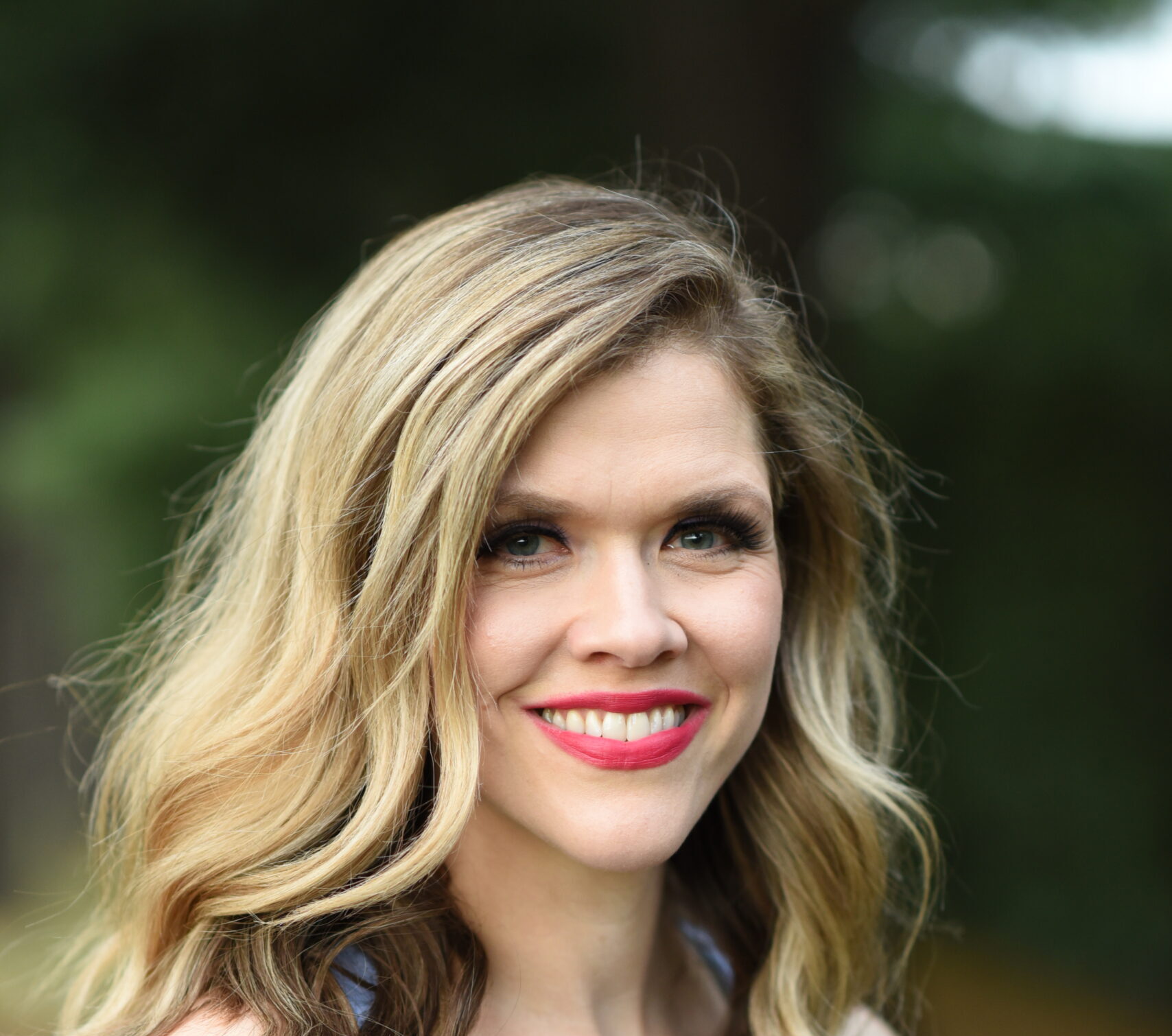Here was lunch (or breakfast, or whatever you want to call it. more on this later):
Cucumber slices (I got them on sale for 4 for $1!)
Sauteed spinach seasoned with Mrs. Dash & some garlic seasoned rice vinegar
Tostadas (I “toasted” my ultra-thin corn tortillas on a small non-stick pan on the stove, until crispy) topped with no-fat “refried” beans (the instant kind), tomato slices and mango/peach salsa,
Baby carrots, and
A side of fluffy (only thanks to my rice cooker, I CAN’T seem to cook brown rice on the stove to save my life!) brown rice (not pictured).
Since the beans are pretty much instant (just add hot water, although these were leftover from yesterday, so I didn’t have to do that!) & I had leftover rice in my fridge (always a good idea), this meal took less than 10 minutes to throw together.
A student of mine recently had some questions about how I eat. Wanting to eat healthier, and interested in a vegan diet, she asked if I planned my meals every day. Like a lot of people who want to make better choices but don’t know where to start, I wasn’t surprised by the question but I did find a little funny. Me, plan meals? I suppose years ago I did, especially when I was first starting out. Now I try to think as little about what I’m going to eat as possible. I know there are a lot of foodies out there (you may be one of them, good for you), but I’m not one. Don’t get me wrong. I love eating food, but only when I have time. And I love cooking and trying out recipes, but only when I have time. And time is precious comodity these days. Also, I don’t want, I’ve never wanted, my life to revolve around what the next meal or snack is going to be (too many other interesting things out there!), so my approach to food has become increasingly simple and straightforward. So to answer my student, I told her no, I don’t meal plan. I eat a lot of the same foods day to day, a lot of repetition. I know, not the glamorous response you might want to hear, but really, it’s the truth.
When I do make recipes, I like to make a double or triple batch and eat leftovers (although, if I had it my way I’d never have to eat leftovers, because I think it always tastes better just made, but alas, you can’t have it all, right?). Other times it’s just throwing a bunch of ingredients together. Oatmeal & fruit. Greens and chopped veggies and beans and/or grains such as quinoa or brown rice. I eat a lot of brown rice. Or sometimes it will be potatoes. Lots of oatmeal. Transitioning to eating a whole foods vegan/plant based diet is like riding a bike. It takes some time, but once you get the hang of it, it just becomes very second nature.
There are so many fantastic vegan cookbooks out there–Happy Herbivore, Colleen Patrick Goudreau, & Dreena Burton (who incidentally has a new one coming out in March, I can’t wait!)–are just a few of the cookbook authors who inspire me, but truth be told, I think part of switching to a more wholesome diet is also about simplifying your life. Complicated, time consuming meals are not part of that equation, at least from my perspective. That doesn’t mean food shouldn’t or can’t taste good, but rather, this food obsession that many of us are trying to recover from, is eliminated as we focus on keeping things, simple & (and quick, please!), straightforward, satisfying, and as whole as possible, reserving decedent, time intensive meals for special occasions (which in our house, includes Saturday mornings, Sunday dinners, birthdays, holidays, etc.).
Now a bit about meal timing and frequency. I know in the past I’ve written about the ELMO approach (eat less, more often). I’ve done this approach. I’ve experimented over the years with various styles of meal timing and frequency, and the most natural approach, the one that just seems to work for me is eating 2 meals a day. Please, if you have read some of my older posts, I don’t want you to think I’m contradicting myself, but realize that things change, I’ve evolved over the years and what I did a few years ago might not necessarily be my approach today as I’ve tweaked things as I’ve come across new knowledge and become more intuitive to how my body works.
If you want to read more about the concept of mini-meals (and why they DON’T boost your metabolism) check out this post by a favorite blogger of mine, Lani Muelrath. As she points out, meal frequency and timing are not the big issue. It’s WHAT you are eating, and ultimately, your total nutrient intake profile for the day. Also, another myth that prevails out there is this idea that you HAVE to eat breakfast (or else…!). If you eat breakfast, and it works for you, great! But just as the myth of “anything you eat after 8 pm turns to fat because your metabolism slows down” is NOT true, the same goes for breakfast. You do not need to eat it in order to “jumpstart your metabolism.” There’s a lot more information on some of the myths about eating patterns and metabolism slowdown, etc. and I’ll just refer you to some sites that have been helpful to me. First is Brad Pilon’s ESE site. Yes, he has some stuff for sale (I did buy his ebook a while ago and found it very informative) but he also has a lot of free info as well. Another site to check out is lean gains, specifically this post on fasting, which for me, solidifies many of the things I’ve come to learn kind of by default. For example, the fitness industry (of which I am a part), peddles lots of “wisdom” that is just not true! Like you have to eat every few hours or your body will go into a catabolic state (essentially, your body will start eating muscle for fuel) & not only do you need to eat every few hours, but you need to eat PROTEIN every few hours (ie. whey protein shakes, bars, lean cuts of meat, and the like). A heads up, this site is geared toward the male muscle building crowd, so keep that in mind when reading, but much of what he is talking about is spot on, at least as I see it and based on my professional experience as a fitness instructor and quasi-nutritionist (I’m NOT a dietitian, so people, everything I’m telling you is for your informational purposes only. Just thought I should put that in there. You know, for legal purposes and stuff.).
Here’s another thing. I’ve my Bodymedia Core armband for 3 weeks now. It seems to be pretty accurate in terms of calorie count. But one thing I didn’t take into account was my calories from nursing, which I didn’t realize this but a few days ago, the band DOES NOT track calories burned from nursing. Which I should have figured out much sooner, really. The way I figured this out was I have actually lost more weight than anticipated. I wasn’t really trying to lose weight but I wanted to see how accurate the armband in terms of tracking calories burned is and I wanted to see if I COULD lose weight and if it would be as easy as the website claims it is (which means I’ve also had to track my food intake with precision and zeal, in order to be accurate, a pain I know, but worth the time for the knowledge gleaned), so I set my daily deficit at 400 calories. I’ve averaged a daily deficit of 450 calories for 3 weeks so that would equate to about 3 lbs. I’ve lost nearly twice that (6 lbs.), and this doesn’t include water weight lost (which is an additional 3 pounds or so). I couldn’t figure out how I could be losing so much until I realized that my average calorie burn of 3200 calories is in reality more like 3700 or 3800 calories when you include the breastfeeding calories! So my deficit has really been closer to 1000 calories a day! More on this in an upcoming post. But for now I mention that because I find it remarkable that I can lose so much weight eating 2700(!) calories a day. I’ve read in various forums about women lamenting that they’re on 1200 calories a day and they just. can’t. lose weight! (I think I would completely wither away if I was only on 1200 calories a day!). I know, I’m a bit of an anomaly. Who nurses AND teaches fitness classes AND has four little kids to take care of. And what can I say? I find it hard to sit still! This equates to A LOT of calories burned. So how do I break up my calories? As I said before, I eat essentially 2 meals a day. I do this for many reasons:
1. I’m busy. I don’t have time to sit down and eat 5 or 6 times a day.
2. I like the feeling of being up for 5 or 6 or more hours (I’m by 4 or 5 in the morning and teach my first class at 6 am) and having done a lot of physical activity before putting something in my stomach. I have exercised first thing in the morning on a completely empty stomach for YEARS, while nursing as well, without any problems whatsoever. The last thing I want to do first thing in the morning is eat something, especially before working out. I figure my body has plenty of glycogen from my last meal, and if not, there’s fat stores to draw from. I don’t have any problem with energy levels, in fact I have more energy for exercise when I don’t eat right before because my body is not busy processing the food I just ate. I think energy drinks, bars, powders, etc., unless you’re a tri–athlete or marathoner, are simply empty calories and all just a big marketing scheme.
3. Often I eat for the first time around 10 in the morning. Sometime earlier (especially if it’s a weekend) or later, like around noon, it just depends on what I have going on for that day. I don’t stress about it. I fit my meals into my schedule, not the other way around. My body is smart, and as long as I’m getting my daily “fill” of nutrients, I’ve found it doesn’t really matter the frequency or timing.
4. I’d rather eat a big, filling meal than have to eat like a bird every few hours, all day long. That’s just not my style.
5. I like the feeling of lightness that comes from not having eaten for awhile. You can’t really achieve this if you are eating all day long.
6. I’ll eat dinner typically around 5:30 or 6. I like to not eat after I’ve had dinner but, again, I’m not tied to this. Sometimes after the kids are in bed I’ll enjoy popcorn or some “ice cream” or some other treat with my husband.
7. I feel like I should also mention, I HAVE muscle mass! It has not completely eroded due to eating only 2 meals a day. I have increased my muscle mass eating this way, proof, at least to me, that you don’t have to eat protein every few hours to build muscle. It’s the resistance training baby, not the meal frequency that does it!
8. Having to worry about 6 mini-meals is enough to drive me batty! Too much work, too much effort. I’ve tried and failed so many times, until I finally realized, it isn’t supposed to be this hard! Listen to your body, and feed it accordingly.
I think the biggest message here is that it doesn’t matter all the much when you decide to eat. It’s WHAT you eat. How much, and your total caloric/nutrient intake for the day. Some people find that mini-meals help them from overeating (I find the opposite is true, snacking all day long keeps my appetite up, plus I feel like I’m thinking about food all day long!). So 6 meals? 3 meals? 2 meals? I can’t really say what is best for you. You know your life, your schedule, how your body responds to various ways of eating. I think one of the most important things is to pay attention to what you are eating, and let your body guide you in deciding what meal frequency works best for you. Let’s stop the insanity, the obsessiveness, the guilt if one approach doesn’t work for you. One size does not fit all, especially when it comes to meal frequency and timing.
I know it’s easy to get distracted in the minutea of your diet (should I eat every 3 hours, or 3 square meals, or 3 meals and 2 snacks???), but remember it’s about listening to your body and doing what you need to do so that you can eat wholesome plant foods that nourish your body.
One last note. About 8 years ago I lived in South America. I lived in Chile for 4 months and ate like a native since I lived with native Chileans. At the time I found their meal patterns baffling. The adults ate NO breakfast. Their first meal was at about 2 pm, and it was HUGE! Then they ate nothing until around 9 pm (they all went to bed around midnight), which was a very small dinner, mostly a light snack, like bread and some meat or vegetables. They don’t snack there (although I’m sure McDonald’s and other American fast food places have helped to change that). Also, there were very few people there who were overweight. In fact, when I came back to the U.S. I was shocked and appalled when I went to Wal-mart and saw how big many American’s are. I saw nothing in Chile that even came close to what we have in America.
So there you have it. I’m sure there’s more to say, but I’m going to go for a walk with my girls, then it’s off to pick up my boys from school, and then you know the rest….
Have a great day!



Comments